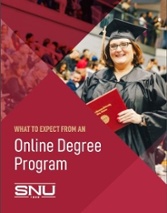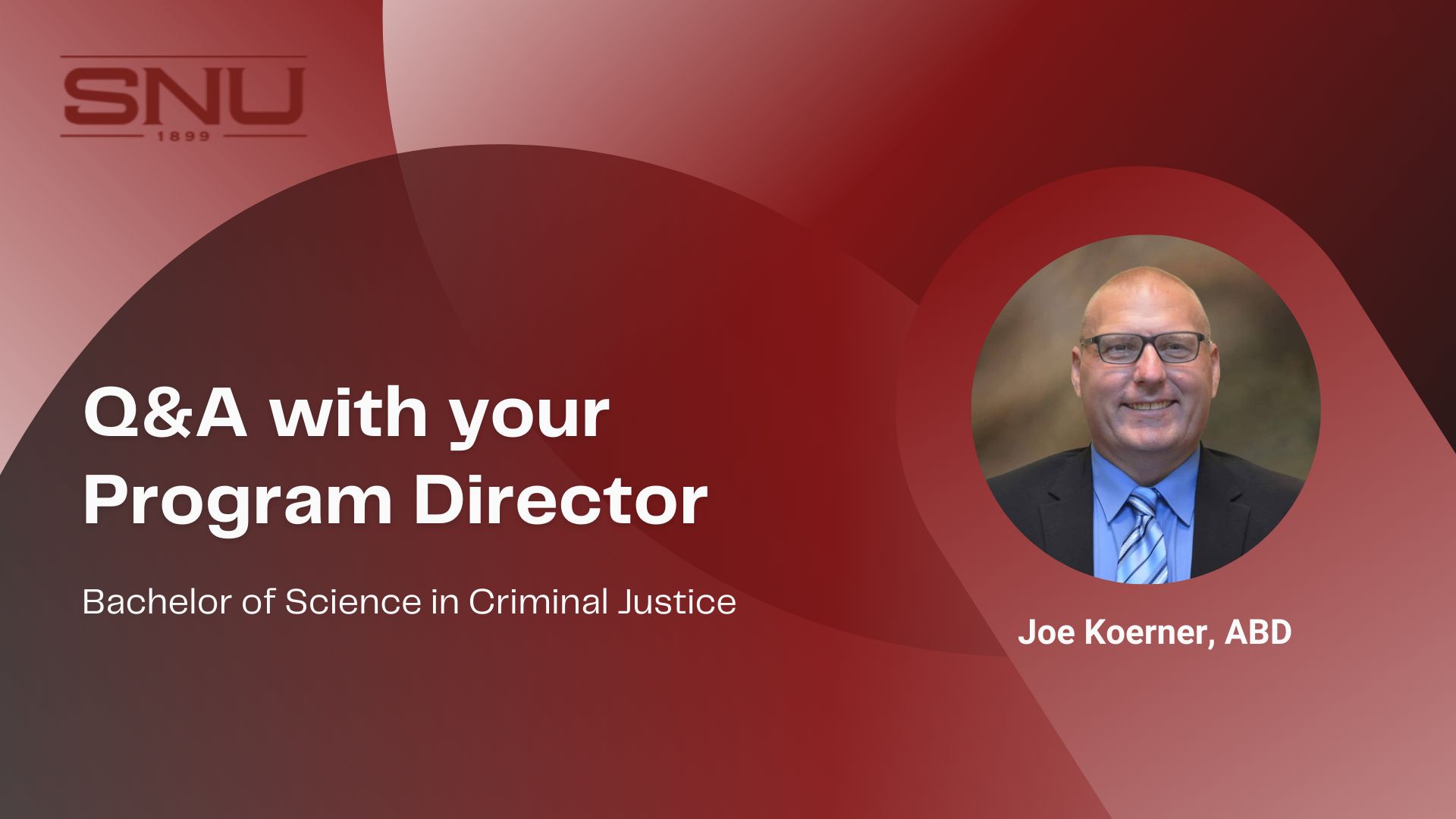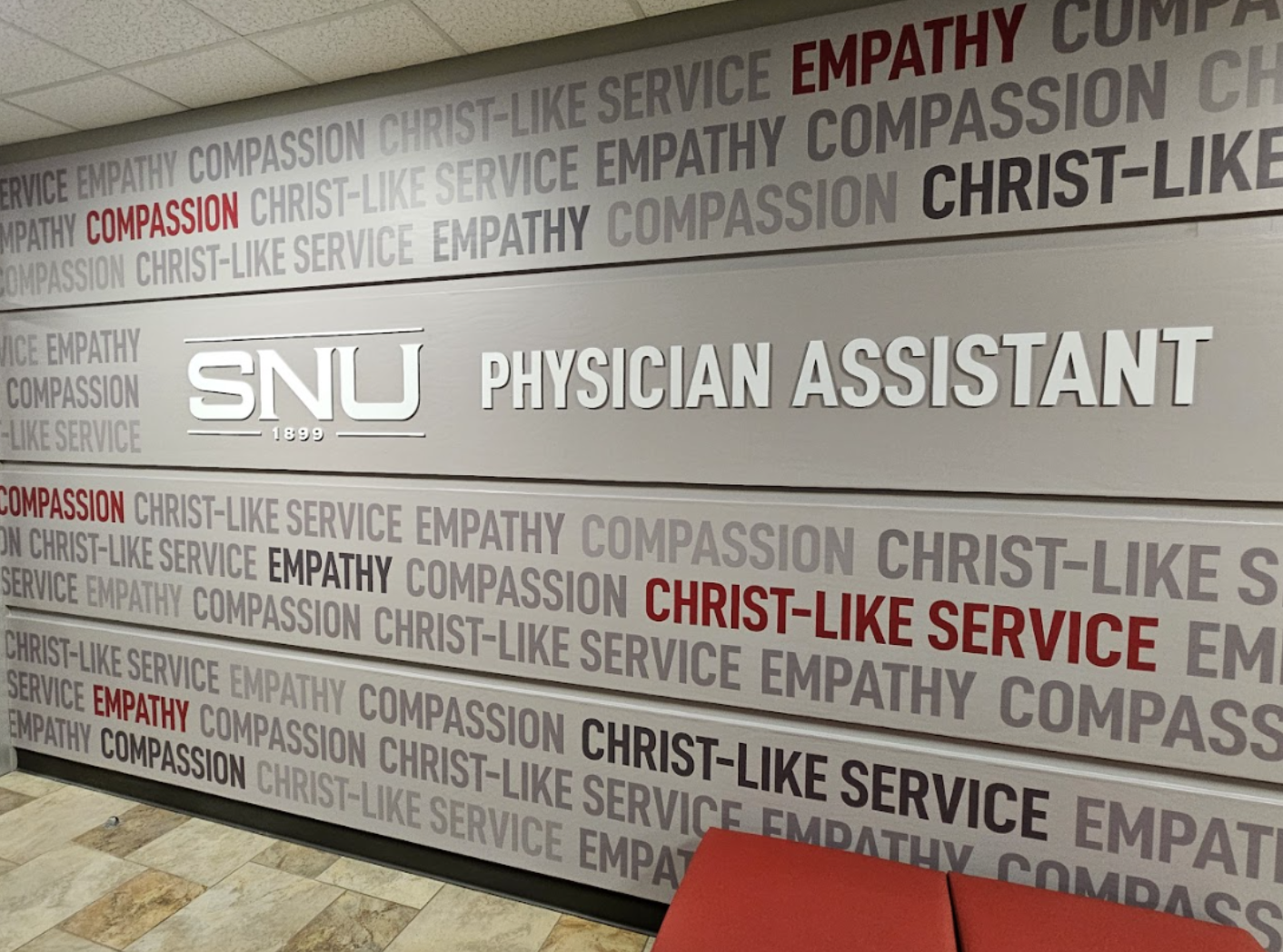What do you believe is the most valuable element of your program?
The most valuable element in our program is the instructors. Our professors are experts in their field and continue their learning journey daily. They have the ability to present the theory and marry that theory to real world application. Our learners appreciate being able to take information learned in a course and directly apply it to a situation. Additionally, students learn the soft skills that are paramount to their success in the criminal justice profession.
How/Why did you enter this field?
It has been my ministry for 21 years and counting. During the interview process Dr. Mark Wilson compared me to an Evangelist. I am very passionate about serving the community I work for and keeping all the residents safe. Criminal justice professionals are not just enforcers, but guardians of the public. Building relationships with the residents of the community you serve, as well as networking with other criminal justice and service agencies to provide excellence in service, has been my standard operating procedure throughout my career. The main focus for me was not being an “enforcer” but one that endeavors to serve the community.
How does a student succeed in your program?
To succeed, the student needs to learn the soft skills so they can effectively communicate via all mediums; learn and implement evidence based practices to effect change in the criminal justice system. Participate, ask question, explore various agencies and experience different jobs within the criminal justice system. Criminal justice is broader than just law enforcement. Be involved, advocate for a change in criminal justice.
What advice would you give to someone interested in your program/industry?
You can influence the system if you develop an understanding of how the criminal justice system works. There are many paths in criminal justice that a learner can choose to pursue. Learners should gain experience in various areas of the field to ensure they choose the one for which they are most passionate. Developing an understanding of the history of criminal justice and how that shaped our culture both positivity and negativity is important. Having this knowledge will help you be a change agent in improving our criminal justice system.
What course is your favorite to teach and why?
Introduction to Criminal Justice lays out the foundation for all career opportunities in the criminal justice profession. In my opinion learners do not have complete understanding of the origins of our system, the many changes that have taken place in the different eras throughout history. Additionally, it aids in the understanding of the roles law enforcement, courts, corrections, and other agencies perform in the criminal justice process. Having a holistic understanding of the process provides more insight into how the learners’ ideas and beliefs align with the area in criminal justice they will choose to pursue.
What is your favorite book/podcast? Or a good one you have read/listened to recently?
The Miniature Guide to Critical Thinking is a powerful book introducing core critical thinking concepts and principles as an empowering problem-solving framework for every profession, course of study, and indeed, every area of life. Critical thinking is the art of analyzing and evaluating thinking with a view to improving it. I feel this is important for all of us, and can improve our lives in every area, especially our chosen career path. Critical thinking is, self-directed, self-disciplined, self-monitored, and self-corrective thinking. For example, critical thinkers are clear as to the purpose at hand and the question at issue. This is essential to law enforcement as well. Critical thinking helps us to think beneath the surface, to be logical, and fair. It is very useful to students as well. They should apply these skills to their reading, writing, speaking, and listening. They apply them in history, science, math, philosophy, and the arts; in professional and personal life.
Anything else you would like to share?
“Be the Difference”. You can make a difference in the criminal justice system. I would like to challenge criminal justice professionals and citizens to communicate with one another, be objective, and listen to understand, not just to respond. We all need to develop a better understanding of how powerful we can be when we all work together. Effective communication can produce several positive outcomes and can be used to inform, persuade, diffuse, guide, motivate, reassure and negotiate. Currently in our society we are experiencing ineffective communication resulting in confusion, false expectations, wrong conclusions, negative stereotypes, frustrations, anger, hostility, aggression and even physical confrontation. It’s time for change. It’s time to move forward together to build communities that collaborate on issues. It’s time to build relationships and communities of trust.
Learn more about SNU's Bachelor of Science in Criminal Justice.










